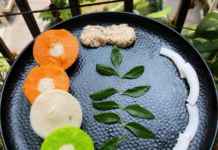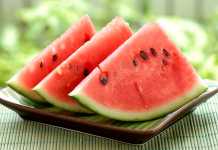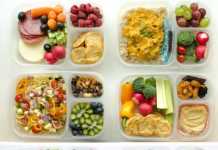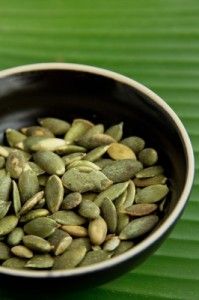
Pumpkin seeds are edible kernels of pumpkin also known as Kaddu in India. Pumpkin and sunflower seeds are my favourite snack as they are rich in essential nutrients but unfortunately high in calories too. But you need not to worry as eating it in the right amount can do wonders. Team AAW lists some essential benefits of pumpkin seeds.
High in magnesium: One-quarter cup of pumpkin seeds contains nearly half of the recommended daily amount of magnesium, which helps in a wide range of vitally important physiological functions like creation of ATP (adenosine triphosphate, the energy molecules of your body), the synthesis of RNA and DNA, the pumping of your heart, proper bone and tooth formation, relaxation of your blood vessels, and proper bowel function.
Weight loss: They have high levels of easily-digestible protein which helps stabilize blood sugar when eaten as a snack throughout the day. Stable blood sugar means weight loss too.
Rich source of Zinc: They are a rich source of zinc which is important for immunity, cell growth and division, sleep, mood, your senses of taste and smell, eye and skin health, insulin regulation, and male sexual function.
Decreases blood pressure: Pumpkin seeds are rich in natural phytoestrogens and studies suggest it may lead to a significant increase in good “HDL” cholesterol along with decreases in blood pressure.
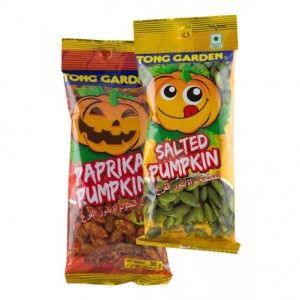
Healthy heart: Rich in healthy fats, antioxidants and fibers, they provide benefits for heart and liver health, particularly when mixed with flax seeds.
Anti-oxidant: Pumpkin seeds are a very good source of anti-oxidant vitamin E. Vitamin E is a powerful lipid soluble antioxidant which prevents tissue cells from the free radical mediated oxidant injury.
How to include pumpkin seeds in your diet
- They are ample variety of pumpkin seeds both flavoured and roasted available in the market so you can easily pick a pack and enjoy it as snack.
- Just like other nuts and seeds, they can also be used in granolas, biscuits, breads, cookies, casseroles or baked goods.
- You can use them in salads especially sprinkled over fruit/vegetable salads.
- You may add them to desserts, particularly sundaes and other confectionery.



















